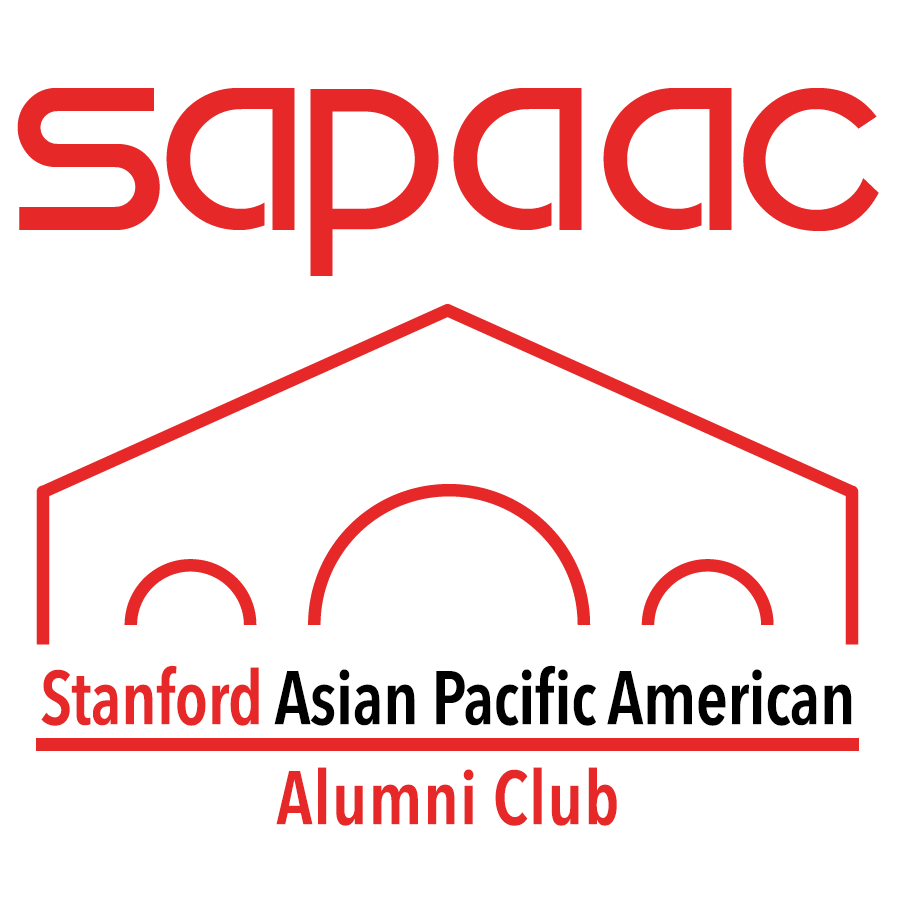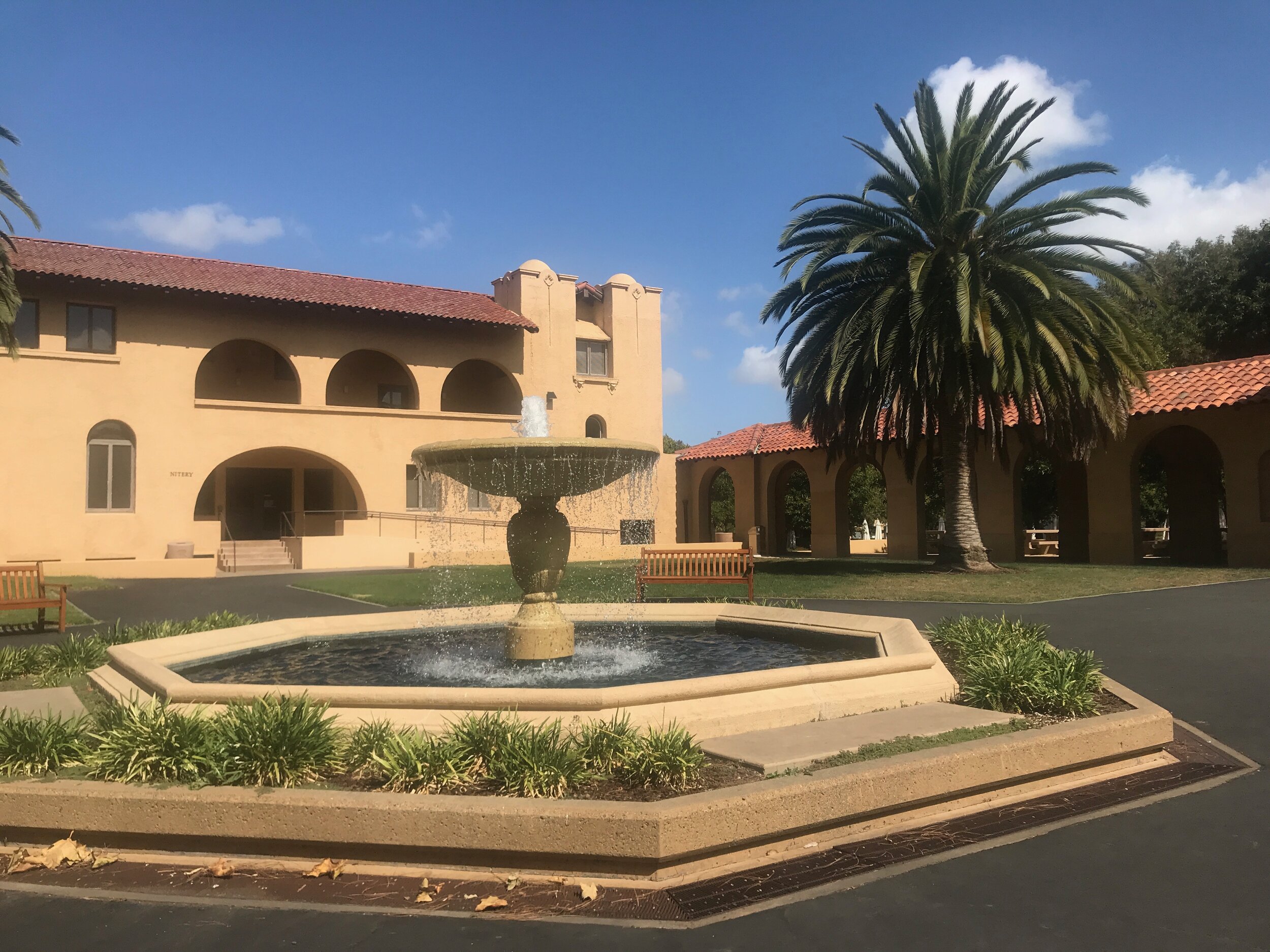Dear Susie Brubaker-Cole, Emelyn dela Peña, and Student Activities Leadership,
We write to share the collective dismay of many Asian American and Pacific Islander alumni who participated in martial arts and other club activities while at Stanford and were positively affected by their experience. Over the years, martial arts groups have established a track record of serving the Stanford community. We were thus very surprised to hear that all the groups were suspended—and particularly distressed that this decision was carried out right as students were ending the quarter, without adequate time for consultation and with little chance for appeal.
We understand that many students and alumni supporters have written letters expressing their support for martial arts groups, and asking for the temporary suspension to be lifted. We hope that the groups can operate normally and recruit students this fall, while working to comply with any newly-enumerated university requirements. Otherwise, they risk being unable to recruit new student participants, which could negatively impact their ability to serve the Stanford community, as well as prevent them from meeting the VSO standards regarding student membership and leadership.
Given this wave of collective outcry, we thank you for responding with your letter to the community. We appreciate that students and alumni are heard by the Stanford administration. We hope you will work productively with martial arts groups to resolve any outstanding matters. In the meantime, we wish to bring to your attention a few points that have arisen through our own dialogue with martial arts groups at Stanford:
1) Participating in martial arts is a crucial outlet for many students to maintain both physical and mental well-being. Time and again, we are reminded that mental health is incredibly important. Please keep this option available to students.
2) In addition to training their own members, martial arts groups offer services to the Stanford community at large, including free seminars on women’s self-defense. Such trainings are well-received and provide a useful service.
3) Martial arts are passed down from teacher to student, and refined through years of practice. It is crucial that groups be allowed to recruit high-quality instructors with sufficient experience to safely train others. Inexperienced students training other inexperienced students is not a feasible model for safely running a martial arts group.
4) Many of Stanford’s martial arts groups draw from traditions that originated in the Asia-Pacific region, including karate, kendo, tae kwan do, wushu and others. Through martial arts, Stanford students encounter Asian cultures in a positive context. We hope this cultural representation can be sustained by allowing martial arts clubs to operate.
5) If student groups are intended to be “student run, student led,” please respect the wishes of students in maintaining a unique culture and high standard of martial arts instruction and practice.
6) The student activities working group that will address these issues only appears to have room for one “alumnus.” Given the interest of alumni as part or present participants in Stanford martial arts groups, we wonder if more alumni engagement could be possible.
7) In the future, we hope that when undertaking sweeping actions that impact many members of the Stanford community, a more proactive and consultative approach can be adopted. A respectful genuine dialogue would allow the Stanford community sufficient time to respond, instead of a mandate during finals week.
Again, we appreciate your response to our community’s letters. Stanford’s API alumni will continue to observe this issue, and we look forward to a productive resolution. We fondly recall Stanford to be a safe learning environment, where students are empowered to pursue diverse interests and passions, including in the martial arts—and are eager to see it remain this way for future generations.
Sincerely,
Board of Directors, SAPAAC
Stanford Asian Pacific American Alumni Club
More background on the issue can be found here:
http://www.sapaac.org/issues-advocacy/2019/8/1/stanford-martial-arts



